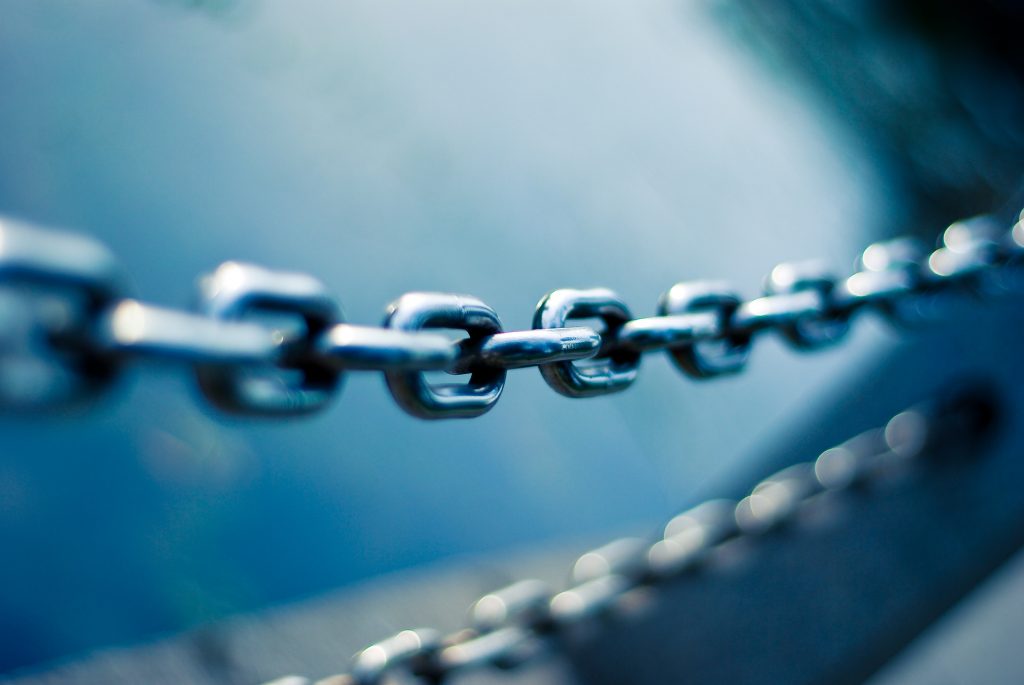Can Nofollow Links Hurt You?
The myth that search engines don’t index nofollow links is still popular amongst webmasters and SEO gurus alike. But the truth is that search engines actually do index nofollow links. In late 2008, Google began to index links that contained the attribute seen here: <code>rel=nofollow</code>. So they do affect your site’s search engine ranking.
What Is PageRank and How Do You Calculate It

Web designers can think of Google PageRank as a reputation system. It is common in many online forums and indicates how many useful posts a user made. The Google search engine uses PageRank to calculate the importance of any given web page in its index. Google does not disclose the exact calculations used to assign PageRank. But they have given webmasters enough information, so you can use a simple model to calculate PageRank.
For this simplified example, Page A, B and C each have assigned 30 points of reputation. Page A links to Page B and Page C. The 30 points of reputation from Page A are evenly divided between Page B and Page C. These points are then added to their respective reputations. Page B and Page C each total 45 points of reputation with the links from Page A.
To prevent infinite loops from occurring in this system, Google PageRank has a built-in decay of approximately 10 to 15%. Google calculates this before distributing PageRank. Factoring this decay into the example above, Page A passes 13.5 points of reputation to Page B and Page C.
But with the introduction of the nofollow link in 2005, webmasters could control their votes for reputation. Imagine that Page A linked to Page B with a dofollow link. But it then linked to Page C with a nofollow link. In this case, all 27 points of reputation would then flow to Page B. Page C would receive no points of reputation.
How People Have Abused Nofollow Links

The nofollow link gave web designers an important tool. It was a great way to combat the spammers that plagued blogs and forums of more legitimate web sites. This gave Page A the ability to tell search engines that it did not wish to vote for Page C’s reputation.
However, the nofollow attribute also allowed web designers to control the flow of PageRank within their own websites. Imagine a web designer who wanted only certain pages to rank highly in search engines. He could use the nofollow attribute to funnel all PageRank from the website into the desired pages. This prevented Google from indexing a lot of high-quality content that users might be searching for.
According to Google guru, Matt Cutts, Google began indexing links that contained the rel=nofollow attribute in late 2008. Google made no formal announcement of this change. They assumed that webmasters would notice the changes and modify their sites accordingly.
What Does This Really Mean for SEO?
This change affected the calculations Google uses to determine PageRank. Now imagine Page A gives Page B a dofollow link and gives Page C a nofollow link. Google then calculates the PageRank distribution as if both pages B and C were receiving PageRank. Page B receives 13.5 points of PageRank. But the remaining points that would have gone to Page C, don’t.
This could be bad news for web designers that used PageRank sculpting to control the flow of PageRank within their web sites. That’s because it unnecessarily reduces the total amount of PageRank that can flow within the site.
That is the “official” word from Google. However, there is debate surrounding this issue amongst those in the SEO community. Some webmasters believe that nofollow links have little value for SEO. But others believe that the relevance of a nofollow link can make the linked page perform better for targeted keywords.
And it is a well-documented fact that Google records nofollow links as backlinks for websites. These also affect your search engine ranking. Webmasters need only consult their backlinks from Google’s Webmaster Tools to verify this. And there are numerous threads about this phenomenon in webmaster forums.
